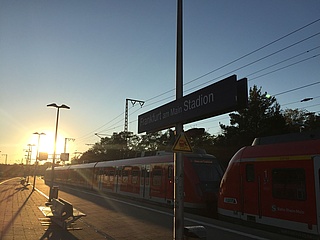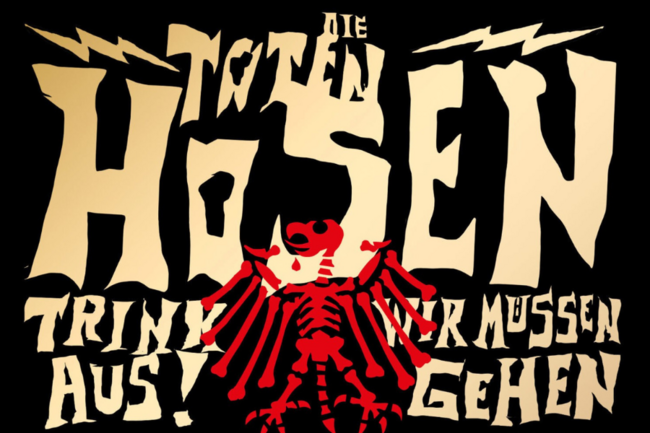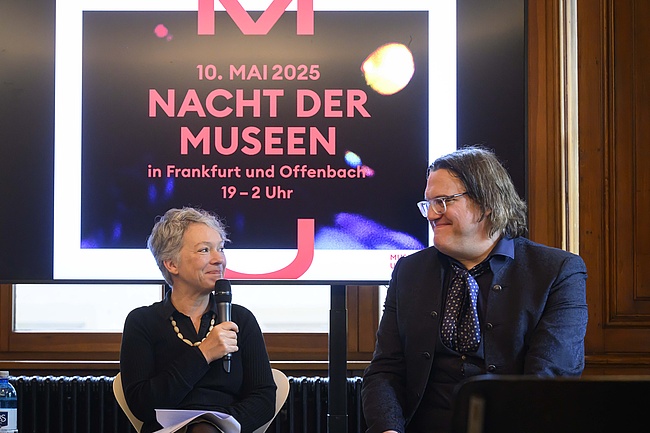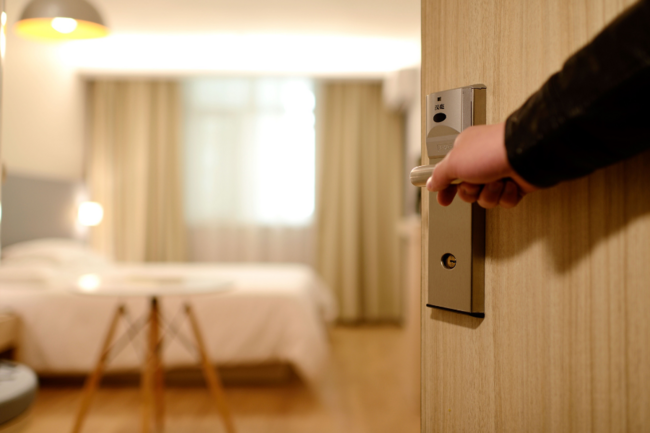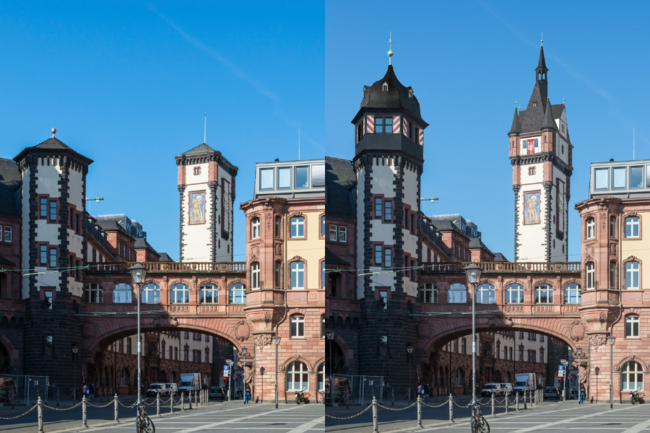Totally overcrowded trains, delayed or completely cancelled suburban trains and the feeling of not really being well informed - commuters in particular are familiar with the everyday annoyances of local transport in and around Frankfurt. But Frankfurt's head of transport Klaus Oesterling promises improvement. Specifically, he has announced a number of measures that should have a positive effect on the local transport situation: The continuation of tram line 14, a neighborhood bus for Niederrad, a big step forward for local transport in Gateway Garden, a denser service for the growing number of passengers and closing gaps between night and day transport. The supervisory board of the municipal public transport company traffiQ, of which Oesterling is chairman, passed the necessary resolutions at its last meeting. Assuming the approval of the magistrate and city councillors, this increase in attractiveness can come into effect with the timetable change on 15 December. Whether this only reads well or can also be implemented in practice is, however, quite questionable due to the many shortcomings that local transport has to contend with on a daily basis.
Oesterling is certain, however, that the planned measures will have a positive effect: "As a growing city with currently around 750.000 inhabitants and over 375,000 daily commuters, Frankfurt am Main faces particularly great challenges in the sustainable design of mobility," notes the head of transport. "Public transport, which we are consistently expanding step by step, is an essential key to the solution."
The focus in the future-oriented development of Frankfurt's local transport is equally on ecological and economic aspects. "Today, Frankfurt's buses and trains are already making a major contribution to environmentally and customer-friendly mobility in Germany's commuter capital with a dense network and modern, clean vehicles," Oesterling continues. "In addition to the consistent conversion also of bus transport to zero-emission drives, we will provide higher mobility capacities for the growing city."
Tom Reinhold, managing director of traffiQ, formulates the claim of the urban public transport company: "We not only want local transport to grow along with the increasing traffic volume, we want a higher share of buses and trains in the modal split. This can be achieved with the help of attractive, fast and reliable public transport."
The package for the December timetable change includes the following measures:
- The tram line 14 will be extended in Gallus via Gustavsburgplatz to Mönchhofstraße. The line 21 runs, with a few exceptions, always to Nied Church.
- The tram lines 12, 17 and 18 run in the future on Saturday every 10 minutes instead of every 15 minutes.
- Niederrad gets with the bus line 84 the long desired neighborhood bus.
- With the opening of the Gateway Gardens S-Bahn station, Line 77 will take on a new function as a connection to the future Airport Terminal 3 and Cargo City South.
- Two subway lines, three tram lines and 17 bus lines provide denser headways or more space at necessary times through additional cars or the use of articulated buses.
- The hourly frequency, which still exists at times on five bus lines, will be replaced by a half-hourly frequency.
- On six bus lines, the gap between night and day services, which was created after the introduction of the new night service, will be closed.
- In addition to the general service enhancements, more trips will also be added to the school bus service.
Additional costs of about 3.6 million euros
These necessary additional services in Frankfurt local transport cause additional costs of about 3.6 million euros together. To the extent that they cannot be covered by fare revenues, they will be borne by the City of Frankfurt (via the budget of traffiQ for bus transport) and Stadtwerke Frankfurt am Main Holding (via the budget of VGF for rail transport). For this reason, they are still subject to the respective committee resolutions.
For Councillor Oesterling, these measures, which are to be implemented by December 2019, are a further step towards consistently developing Frankfurt's local transport as a sustainable mobility alternative in the city: "We are not standing still: New rail vehicles have been ordered. The further expansion of the network is underway: On the subway, the extension of the U5 line to the Europaviertel is under construction. Planning is underway for the extension of the same line in the north from Preungesheim to Frankfurter Berg, as well as for the U2 line in Bad Homburg. A decision on the variant for closing the gap between Bockenheimer Warte and Ginnheim is to be made this year - an urgently needed project to relieve congestion on Frankfurt's strongest subway line, where four lines run every 2.5 minutes."
Beyond Frankfurt's borders, the department head points to the important rail projects such as the four-track expansion of the railway line to Bad Vilbel for the S6. The Regionaltangente West and the North Main S-Bahn.







